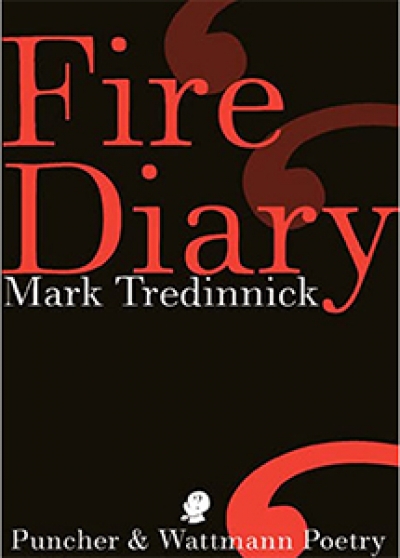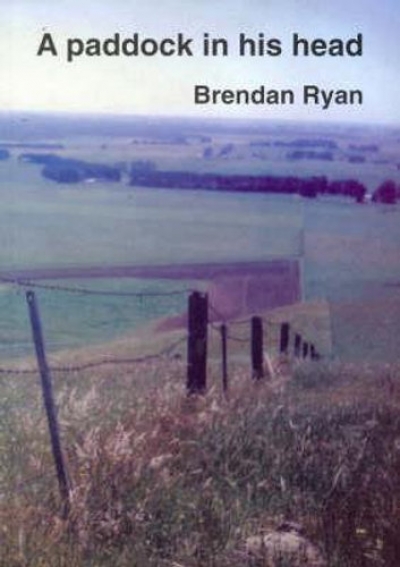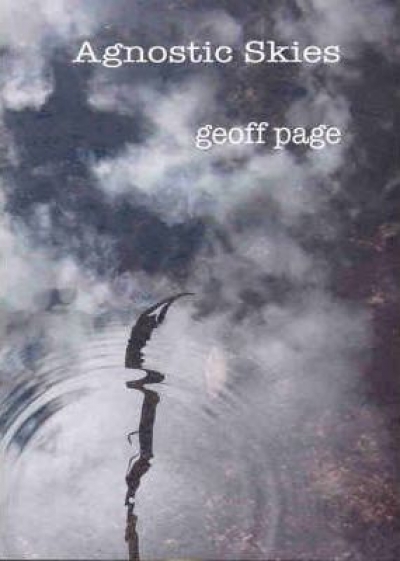There has been something of a fashion in recent years to dismiss what might loosely be called ‘rural’ poetry because the vast majority of Australians live in cities near the coast. Nevertheless, ‘rural’ poetry keeps appearing, and not just in the works of Les Murray. A considerable number of Australian poets are only one generation away from the land (even John Tranter was born in Cooma), and their childhood memories can often be a rich resource. Admittedly, there are not many actually working it; the reasons for this are often at the core of their poetry. A few perhaps are inclined to be nostalgic (even sentimental) but there is also, as Craig Sherborne has observed, an ‘anti-pastoral strain in Australian poetry’. Among the more recent exponents of this tradition are the late Philip Hodgins, John Kinsella (in his wheat belt poems) and, to judge from A Paddock in His Head, the Victorian poet Brendan Ryan.
...
(read more)



